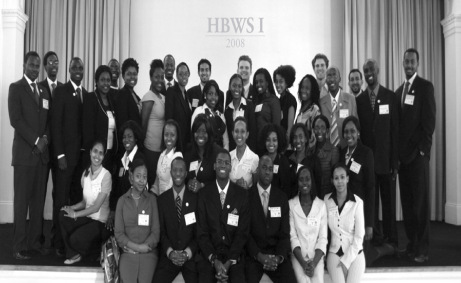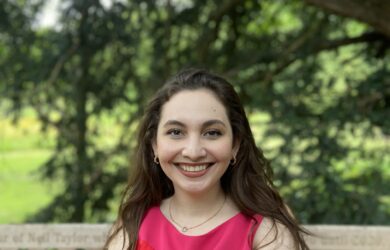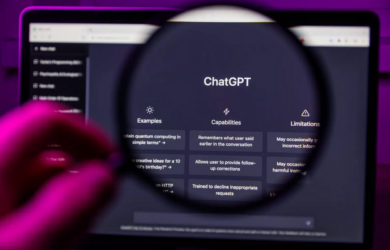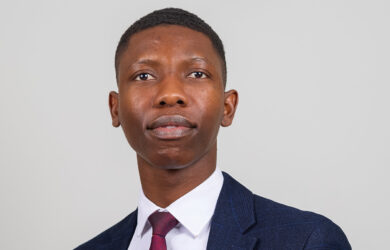
Ten Gates scholars are to attend a House of Lords event to discuss efforts to boost African enterprise.
Ten Gates scholars will be attending a House of Lords meeting this week organised by Harambe Endeavor, a network of African students and professionals set up to promote African development.
Ten Gates scholars – Andrew Gruen, Elizabeth Ridgeway, Steffen Loesch, Julia Li, Simon Breakspear, Surgeon Xolo, Raliza Stoyanova, Dr Rajiv Chowdhury, Alexander Fabry and Ruth Mokgokong – and Dr Gordon Johnson, former Provost of the Gates Cambridge Trust and Executive Officer James Smith will attend the House of Lords debate on the evening of 6 October. The evening will be co-sponsored by the Gates Cambridge Trust.
Speakers include Lord Michael Hastings, International Director of Corporate Citizenship at KPMG, and was previously the head of Corporate Social Responsibility at the BBC, and is chairman of Crime Concern, and Mo Ibrahim, Chair of the Mo Ibrahim Foundation, which publishes the Ibrahim Index of African Governance, ranking the performance of all 53 African countries. The aim is to promote opportunities for individuals and businesses to partner up with the next generation of African professionals as a means of aiding the continent’s development.
Harambe Endeavor is an Alliance of African students and young professionals attending leading universities, such as Harvard, Oxford, Beijing, Hong Kong, MIT, Stanford, Cambridge, and LSE. It was conceived by two students from Southern New Hampshire University (SNHU) , Okendo Lewis-Gayle and Prince Soko. Prince, a native of Zimbabwe, and Okendo, a product of Costa Rica, Italy and the United States of America, drew inspiration from their formative experience as undergraduates at SNHU and from their interaction with African students across the United States, who, like them, shared the “collective frustration of a generation of Africans”.
Three of the Gates scholars attending, Surgeon Xolo, Raliza Stoyanova and Ruth Mokgokong, are from South Africa and the others are from the US, Germany, Canada, Bangladesh and Australia. Their research areas range from media and public health to economics and education.












